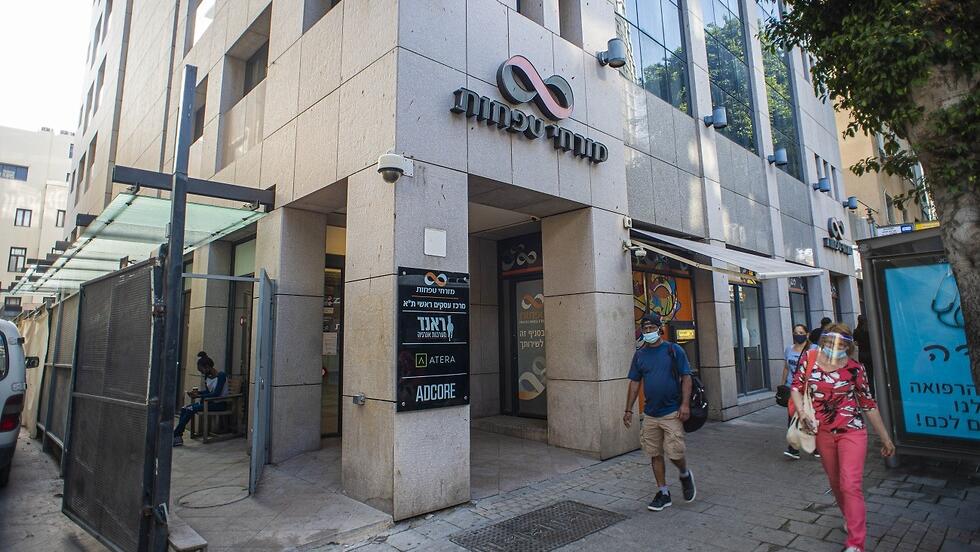Israel’s Supreme Court overturned Tuesday a ruling made by the Tel Aviv District Court and ruled that Mizrahi-Tefahot Bank won’t transfer eight million shekels donated by Jewish oligarch Roman Abramovich to the ZAKA emergency response organization, accepting the appeal filed by the bank.
The Mizrahi-Tefahot Bank recently appealed against Tel Aviv District Court Judge Yardena Sarusi’s ruling, who at the end of January granted Abramovich's and ZAKA's request to instruct the bank to transfer the donation made from Abramovich's account.
Judge Sarusi's decision contradicted Attorney General Gali Bharav-Miara’s and the bank's position, which refused to transfer the donation due to sanctions imposed on Abramovich by the European Union and the UK, which the bank adopted.
The Mizrahi-Tefahot bank argued the District Court's decision to allow the transfer had caused immense and irreversible damage to the bank, its customers, Israel’s banking system as a whole, and the country’s economy.
This is because accepting the request means the bank must violate international sanction guidelines adopted in accordance with the banking supervision policy set by Israel’s banking regulator, while also violating information statements it gave to foreign banks with which it operates. Mizrahi-Tefahot Bank argued that violating the sanction guidelines exposes the bank to significant risks.
The District Court's decision ruled Abramovich is an Israeli citizen who manages an account at the bank. The bank blocked the account's activity due to sanctions imposed by the UK and the European Union on Abramovich following the war between Russia and Ukraine.
The parties agree that the sanctions imposed on Abramovich don’t apply in Israel. The State of Israel didn’t impose sanctions on Abramovich, and the bank adopted the sanctions imposed by the UK and the European Union on its own decision to avoid losing its standing in these countries. The judge determined in her decision that the bank indeed applied the sanctions firmly, contrary to prior precedents on the matter.
On Tuesday, the Supreme Court accepted the bank's appeal and overturned the decision of the Tel Aviv District Court’s ruling. Justice Menachem Mazuz determined that "without diminishing the importance of ZAKA's operation, the respondents (Abramovich and ZAKA) didn’t prove failure to receive the donation at this time would irreversibly harm their activity.”
“The respondents didn’t present tangible evidence regarding ZAKA's financial situation or its ability or lack thereof to raise the necessary funds for its operations from other sources, especially when the state declared it has acted to provide immediate assistance to ZAKA volunteers regarding the support and mental health treatments they require,” he added.
"On the other hand, it has been proven at the threshold required at this preliminary stage, that transferring the donation has the potential to expose the bank to significant risks. Contrary to the district court’s ruling, I don’t believe that this is a 'theoretical damage' that hasn’t been proven by the bank. Even if these damages aren’t visible before the risk materializes, it isn’t enough to dismiss their potential."




